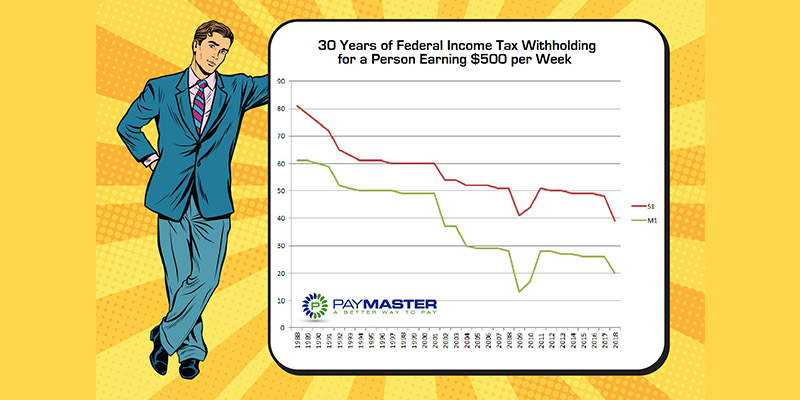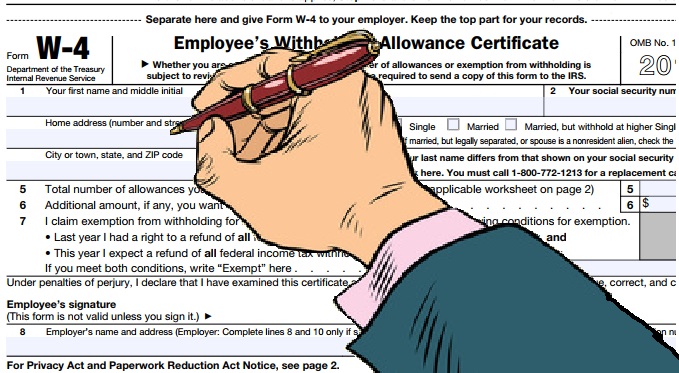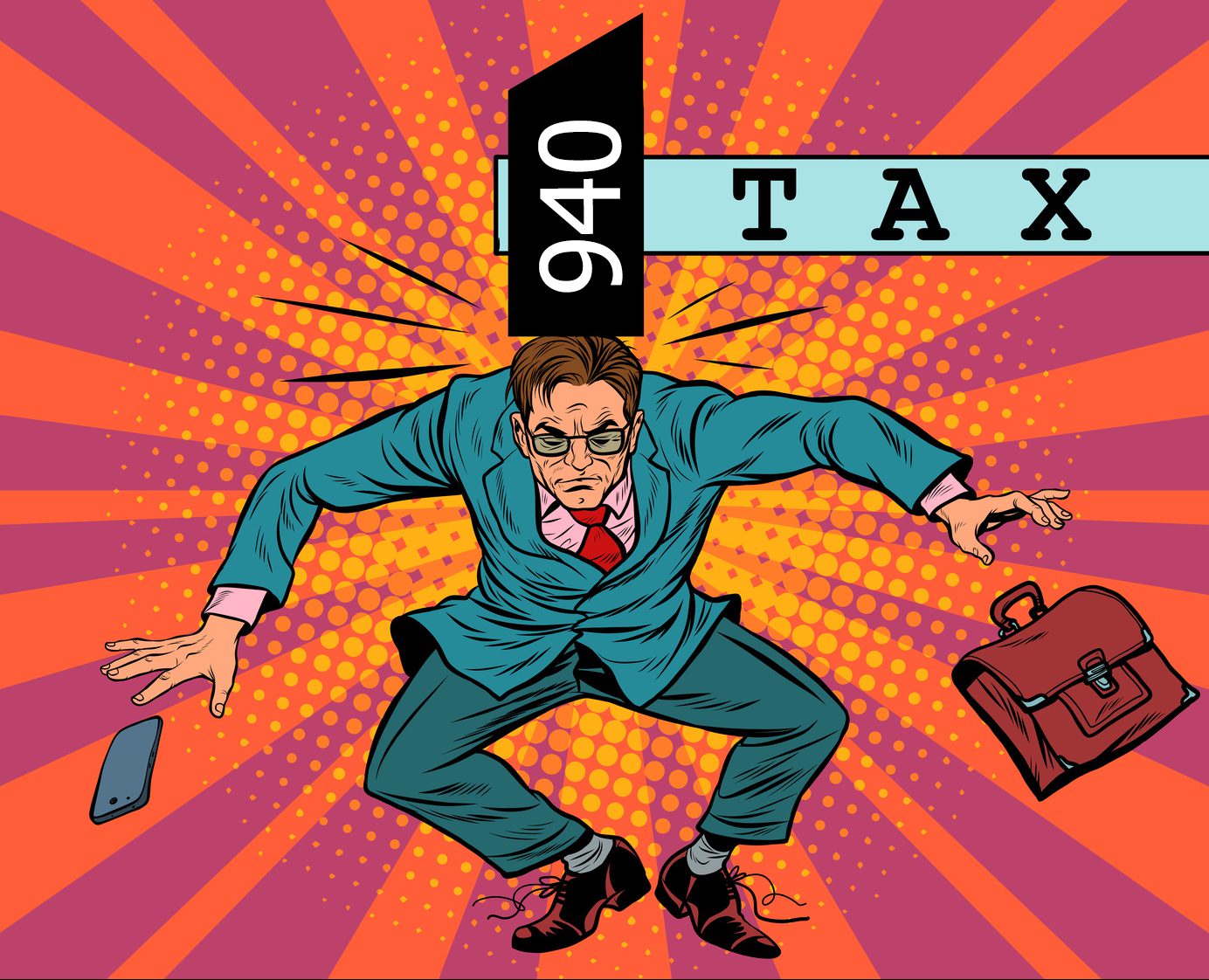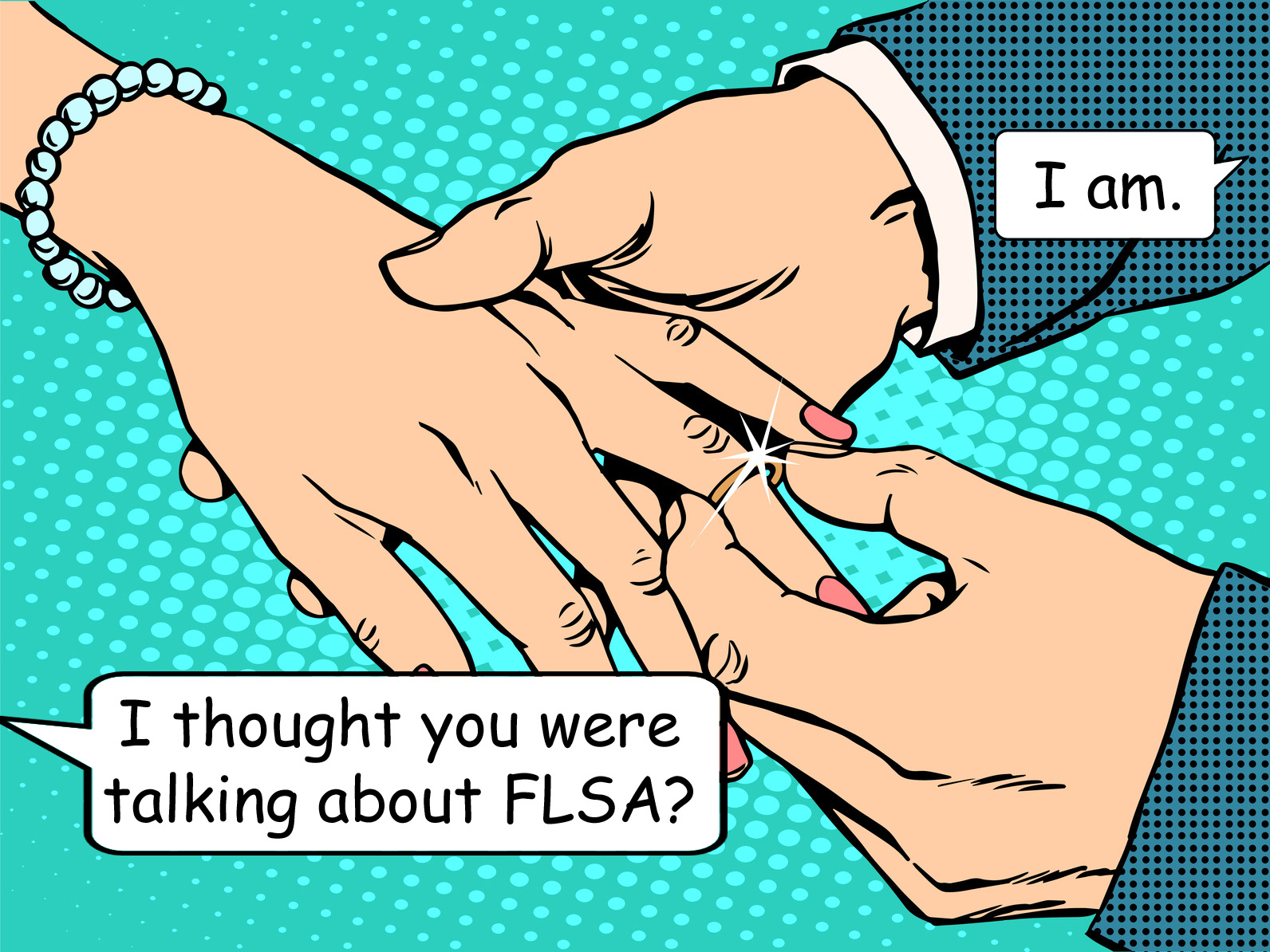All private employers, even Old MacDonald, who are subject to Title VII of the Civil Rights Act of 1964 (as amended by the EEO Act of 1972) with 100 or more employees and have establishments located in the 50 states or DC are required to file the Standard Form 100 (aka EEO-1) on or before March 31st of each year. This includes state and local governments, primary and secondary school systems, institutions of higher education, Indian tribes, and tax-exempt private membership clubs other than labor organizations. Companies with centralized ownership, control, or management count all employees across all organizations to…
Posts published in “Payroll”
If you are like me, you have been at the edge of your seat waiting for the IRS to release the 2018 Form W-4, Employee Withholding Allowance Certificate since January 1st. Well, on February 28th the wait ended, and here is the new form in all four pages of glory. Yes, four pages. Double the prior year’s 1 page front and back form. At the end of the day, the certificate itself is still just a 1/3 of the first page where the employee will basically indicate whether they are withholding at Single, Married, or Married, but withhold at the higher…
Because background screenings are closely regulated by the Fair Credit Reporting Act (FCRA), it’s important to ensure compliance. One of the most common screening mistakes employers make is not providing a legally mandated disclosure to candidate and obtaining written consent to conduct a background check. Many companies have suffered costly lawsuits for not complying with these requirements. If an employer fails to meet FCRA requirements, applicants can allege statutory FCRA violations without suffering damages. If an employer is found in violation of FCRA requirements, each applicant not provided the disclosure form may seek recovery, frequently through Class Action lawsuits. Additionally,…
Over the next few weeks as your employees start to receive their 2017 W-2 form, they will most likely have questions as to what all those numbers mean. For example, it is not uncommon for a salaried employee who earns $50,000 per year question why their Box 1 Wages only reflects $45,000. The response is, ‘do you contribute to a pension plan or have pre-tax insurance, then if so those amounts reduce your “taxable” wage, which is what appears in Box 1’. To assist you with those questions, here is an explanation of what is in each box and what…
While the Federal minimum wage remains at $7.25 per hour, 18 states and many cities/locals have set increases effective January 1st, 2018. A list of each state/local, along with the new hourly rate, and a link to the states determination letter or web page is listed below; Alaska: $9.84 an hour Albuquerque, New Mexico: $8.95 Arizona: $10.50 Bernalillo County, New Mexico: $8.85 California: $11.00 for businesses with 26 or more employees; $10.50 for businesses with 25 or fewer employees Colorado: $10.20 Cupertino, California: $13.50 El Cerrito, California: $13.60 Flagstaff, Arizona: $11.00 Florida: $8.25 Hawaii: $10.10 Los Altos, California: $13.50 Maine: $10.00 Michigan: $9.25 Milpitas, California: $12.00 Minneapolis, Minnesota: $10.00 for businesses with more than 100 employees Minnesota: $9.65 for businesses with…
With the recent passing of the new tax law, we will find a significant delay in the IRS’ publishing of the 2018 W-4 Withholding Allowance Form. In the meantime, anyone hired in 2018 should complete the 2017 form, and they will not need to complete the 2018 form when it is released. Unless that is, if they want to later change their withholding. A Form W-4 remains in effect until the employee gives you a new one. When you receive a new form, begin withholding no later than the start of the first payroll period ending on or after the 30th…
Under the provisions of the American Federal Unemployment Tax Act (FUTA), a Federal tax is levied on employers covered by the Unemployment Insurance program at a current rate of 6.0% on wages up to $7,000 a year paid to a worker. The law, however, provides a credit against federal tax liability of up to 5.4% to employers who pay state taxes timely under an approved state UI program. Accordingly, in states meeting the specified requirements, employers pay an effective Federal tax of 0.6%, or a maximum of $42 per covered worker, per year. The credit against the Federal tax may…
Not knowing the difference could result in a costly Department of Labor claim. Maybe more costly than a divorce. If your employee is Engaged to Wait then that time is considered hours worked. Conversely, Waiting to be Engaged are off-the-clock hours, thus not hours worked or compensable under the Fair Labor Standards Act (FLSA). So what is the difference between the two? I am glad you asked. Engaged to Wait is time spent primarily for the benefit of the employer, and how much restraint is placed on an employee who is waiting. Let’s look at a few examples to…
This past week, September 29th, President Trump signed into law the Disaster Tax Relief and Airport and Airway Extension Act of 2017. In addition to allowing early withdrawals and loans from retirement plans, deductions for casualty losses, and other personal tax considerations, there is an employment related tax credit for employers (Sec. 503) for retaining their employees during one of the three recent hurricanes; Harvey, Irma, and Maria. Qualifying businesses with locations in one of the Federal declared disaster areas can claim a tax credit for continuing to pay their employees during the time that the business was inoperable until…










